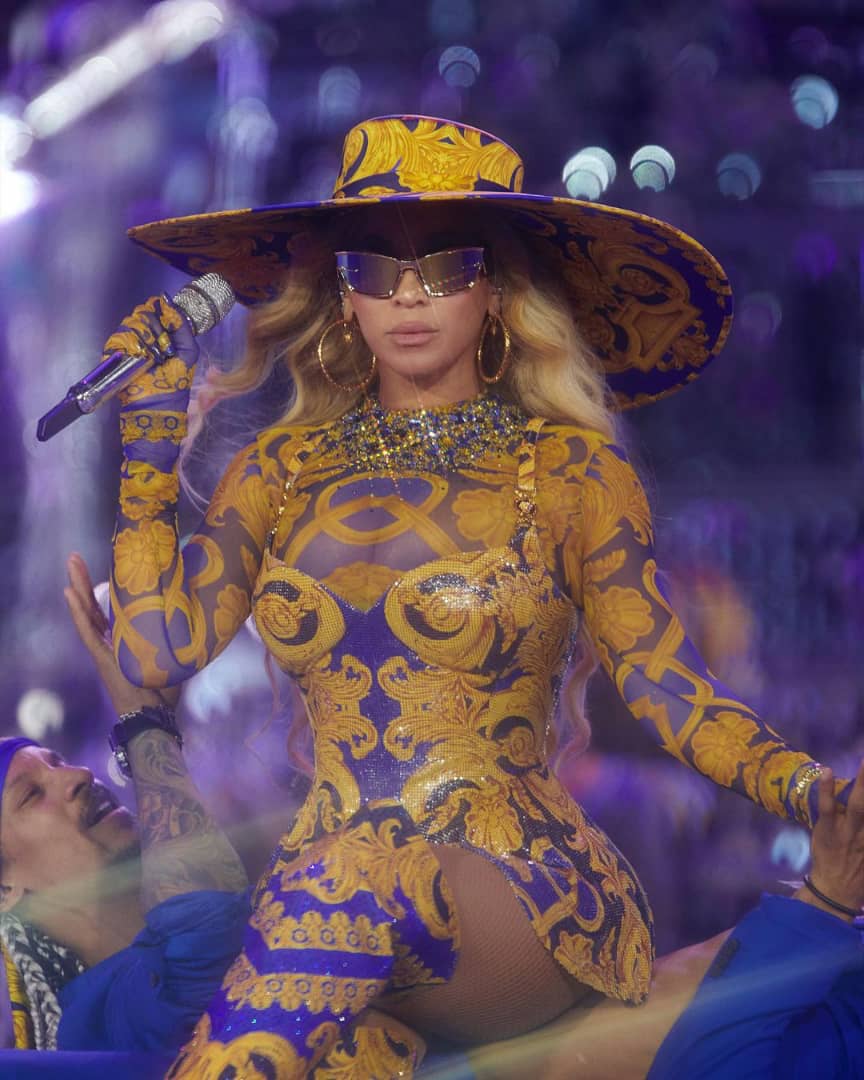Beyoncé Crowned Greatest Pop Star of 21st Century

|
Getting your Trinity Audio player ready...
|
Beyoncé Giselle Knowles-Carter, famously known as Beyoncé, has officially been named the greatest pop star of the 21st century by Billboard. This title confirms her status as a global music icon, extending her influence beyond the music world.
Born and raised in Houston, Beyoncé first rose to fame as a member of Destiny’s Child, one of the best-selling girl groups of all time. The group made waves with hits like “No, No, No” (1997) and their critically acclaimed sophomore album, The Writing’s on the Wall (1999). In 2003, she embarked on a solo career with the release of Dangerously in Love. The album debuted at No. 1 on the Billboard 200 and featured the iconic single “Crazy in Love,” a collaboration with Jay-Z that dominated the Hot 100 for eight weeks.
The Billboard ranking places Beyoncé at the top, followed by Taylor Swift, Rihanna, Drake, and Lady Gaga. The list includes other music heavyweights such as Britney Spears, Ariana Grande, Adele, Kanye West and Justin Bieber. Beyoncé’s dominance in the rankings is no surprise, given her unparalleled contributions to the music industry and popular culture. Billboard previously recognised her impact when she was named the Greatest Pop Star of 2014.
Her career is also decorated with numerous accolades, including a record-breaking 32 Grammy Awards, making her the most-awarded artist in Grammy history. She has also earned 24 NAACP Image Awards, 35 BET Awards, and 17 Soul Train Music Awards, solidifying her as one of the most celebrated artists of all time.
Beyoncé’s influence transcends music. She has reshaped fashion, performance art, and activism, often using her platform to address issues such as feminism, racial equality, and social justice. Her self-titled 2013 album redefined music releases with its surprise drop, and her visual albums, including Lemonade (2016), continue to set benchmarks for creativity and storytelling.






